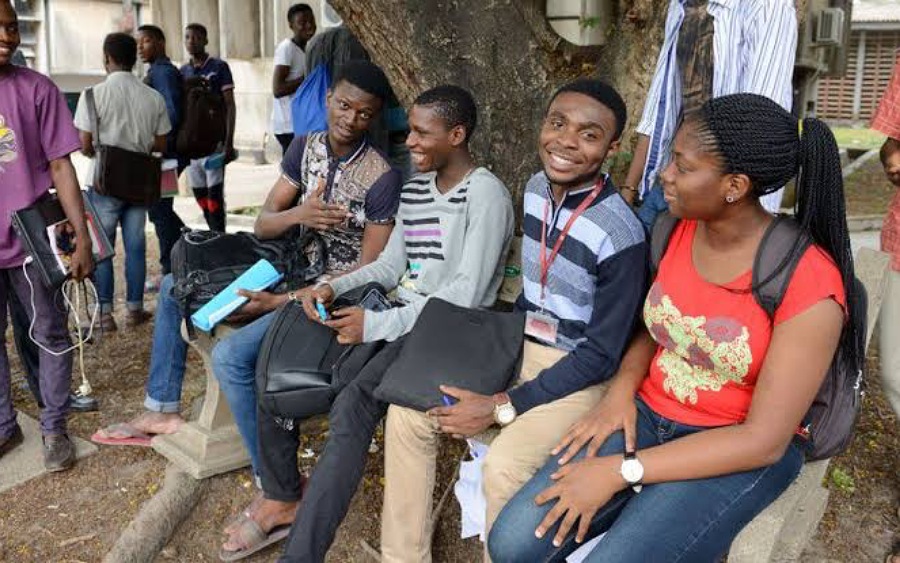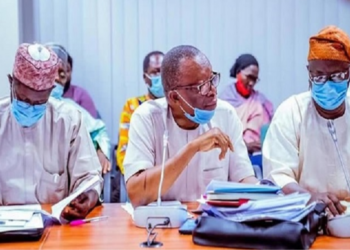Nigerian students have bemoaned the incessant strike actions by the Academic Staff Union of Universities (ASUU). The recent strike which was announced by ASUU a week ago has left the students in what many of them have described as “exhausting and discouraging”.
According to ASUU’s National President, Professor Emmanuel Osodekehe, the recent strike is said to have resumed due to the failure of the Federal Government to fulfil the demands of the agreement it earlier reached with the union.
Some of the contending issues include funding for the revitalisation of public universities, earned academic allowance, poor funding of state universities and promotion arrears.
Others are the sustainability of the university autonomy, which it said the introduction of IPPIS violates; immediate deployment of UTAS to replace IPPIS; renegotiation of the 2009 ASUU-FGN agreement; release of the reports of visitation panels to federal universities and distortions in salary payment challenges.
Students count their losses…
As the strike continues, many students are having to accept the possibility of spending a longer time completing their courses, others are hoping for a speedy resolution to the crisis.
Nairametrics spoke with some students from some of the most prestigious universities in Nigeria to get their thoughts on the ongoing strike and how it affects their education. The students all expressed fears that the disruption of their school calendar will prolong the academic year and eventually, their stay in school
Phillip Udoh, a 500 level Law student at the University of Lagos told Nairametrics that the frequent strikes have been exhausting and discouraging. He said, “I have spent a good number of my course year sitting at home. The strikes keep happening every now and then. It’s almost very sure that it will happen every couple of months and it has become quite exhausting and discouraging”
Tobi Akindele, a final year student at the University of Ibadan, Oyo State, said that the “strikes have become a tradition, so everyone just gives room for such occurrences”, a sign that some students may be adapting to the occurrence of strikes disrupting their educative schedule.
Another final year student, Charles Obot of the Economics department of the Obafemi Awolowo University told Nairametrics that his plan to graduate by September may have just been extended. He said, “According to our academic calendar, my plan was to graduate around September, but with the ongoing strike and the possible extension, it looks likely that my graduation period might just be extended, and so will every other plan that I have made.”
Uzoma Orji, a 400level student of the University of Ibadan says she can’t seem to understand why there is always a fallout in the negotiations and agreements between ASUU and government. “I don’t blame ASUU as much as I blame the government. It almost seems as if the government intentional plays ASUU to backdown on their strike actions with promises and then renege on these agreements everytime. It almost means they don’t care about the tertiary education sector,” she said.
The students all reserved sympathy for the cause of their lecturers, stating that they all understand the economic needs of the lecturers as Tolani Adenekan, a final year Economics student at OAU, agrees that the demand for increased and consistent pay of the salary of the lectures is valid, as food prices have also increased in the markets.
She also advised that government must be accountable to whatever agreements and commitments they make with ASUU to avoid repeated strike actions.
Recall Nairametrics reported that the Nigerian Labour Congress weighed in on the ongoing 4-week strike of the lecturers and has urged the FG to sign the renegotiated agreement with ASUU. Other bodies have also called on the government to be responsible to agreements, but we wait to see if the FG would heed the call make the right call that will return students and lecturers back to the institutions of learning and finally put an end to frequent strike actions.




















